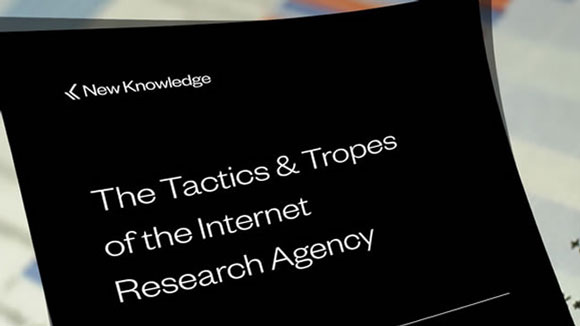The Color of Money: Reaping the Dividends of Entrepreneurship
To Be Equal
September 4, 2013
Marc H. Morial
President and CEO
National Urban League
Digital Equality: A Key Economic Opportunity and Civil Rights Issue for the 21st Century
“Therefore, if there is no access to information, there is a denial to citizens of an element required for participation in the life of the community. That is as real politically (in denying voters information about candidates and issues) as it is socially (consider digital social networks) and economically (in a world where entry level job applications at MacDonald’s or Wal-Mart must be made online, denial of digital access equals denial of opportunity).” – The Knight Commission, “Informing Communities: Sustaining Democracy in the Digital Age,” October 2009
The question of equality was a catalyst for the creation of this great republic. The need for new ideas and approaches led our forefathers to be innovative. One hundred and fifty years ago, President Lincoln employed such thinking in the writing of the Emancipation Proclamation that changed the course of history and the destiny of millions of new Americans. Fifty years ago, a coalition of civil rights, social justice and labor leaders organized the 1963 March on Washington for Jobs and Freedom, which had as its core purpose equity in jobs, education, and justice for all Americans.
In the wake of the recent Supreme Court decisions on voting rights and affirmative action, and as we bear witness to continued judicial inequities, the time is ripe with possibility for communities of color to maximize the opportunities for advancement made possible through innovation.
Today, broadband technology underpins much of our society and supports many of our interactions—personal as well as commercial. Given the foundational importance of broadband, the need for digital equality is becoming a necessity for most Americans.
Access to quality internet services, the right connectivity, devices and applications are necessary tools for educational, professional and economic advancement in this day and age. For underserved and low-income communities, broadband technology creates opportunities that were not available just a few years ago. It can improve the quality of life for communities across the country. In many ways, access to this technology unleashes a community’s potential in the 21st century.
African Americans in particular can use broadband technology to close education and health care gaps. Online learning can do much to eliminate what Jonathan Kozol famously labeled the “savage inequalities” in education. In addition, telemedicine holds great promise for enabling affordable, long-term monitoring and care for heart disease, diabetes, and strokes—afflictions disproportionately affecting millions of African Americans of all ages.
Beyond education and health care, broadband facilitates global connectivity and can open doors and tear down boundaries for all of us. Broadband can help many to dream again—to dream of being a business owner, of finishing school, of pursuing non-traditional career paths, and the list goes on.
With all of this to gain, the question becomes: How can the nation secure universal, affordable high-speed broadband?
Let’s begin with today’s outdated regulations and the need to modernize our existing regulatory framework to reflect the new digital age in which we live. Bringing existing regulations up to date will help speed ubiquitous access to the internet and close the digital divide more rapidly.
Moreover, it’s past time to acknowledge that the nation has transitioned from an industrial to an information-based economy. Our new economy needs a regulatory framework that supports innovation and ingenuity and is able to keep pace with the speed and ever-changing needs of today’s communications landscape. As broadband technology continues to grow and evolve, so should policies that regulate this technology.
We must ask ourselves as a nation: What policies will help spur investment in our nation’s digital infrastructure and help increase all Americans’ access to high-speed internet services, especially in culturally diverse communities?
Universal broadband access will require substantial investment and the build out of state-of-the-art communications networks. We must ensure that programs are in place to help bring affordable services and tools to communities in need.
To accomplish this goal, federal regulators and the industry must find ways to fairly allocate the critical resource that drives America’s wireless industry: spectrum. We must make sure that the transition from the 19th century telephone network to high-speed fiber, internet-based networks is well managed. A careful technology transition will usher in a new era of 21st century digital services for all Americans and help ensure that no one, regardless of color, status or income, is left behind.
The right regulatory framework will level the competitive field so that all broadband providers operate under the same rules, have the same opportunities to expand their network infrastructure and provide innovative, dynamic and robust services to consumers. This, in the end, will help bring digital equality to all Americans, expanding their opportunities in life.
Having affordable and accessible broadband is no longer a privilege. It has become an unequivocal need for all Americans. As such, it should be considered one of the key economic opportunity and civil rights issues for the 21st century.

 Equality Index
Equality Index  Senate Report
Senate Report  2020 SOBA Essays
2020 SOBA Essays  2019 Report
2019 Report 